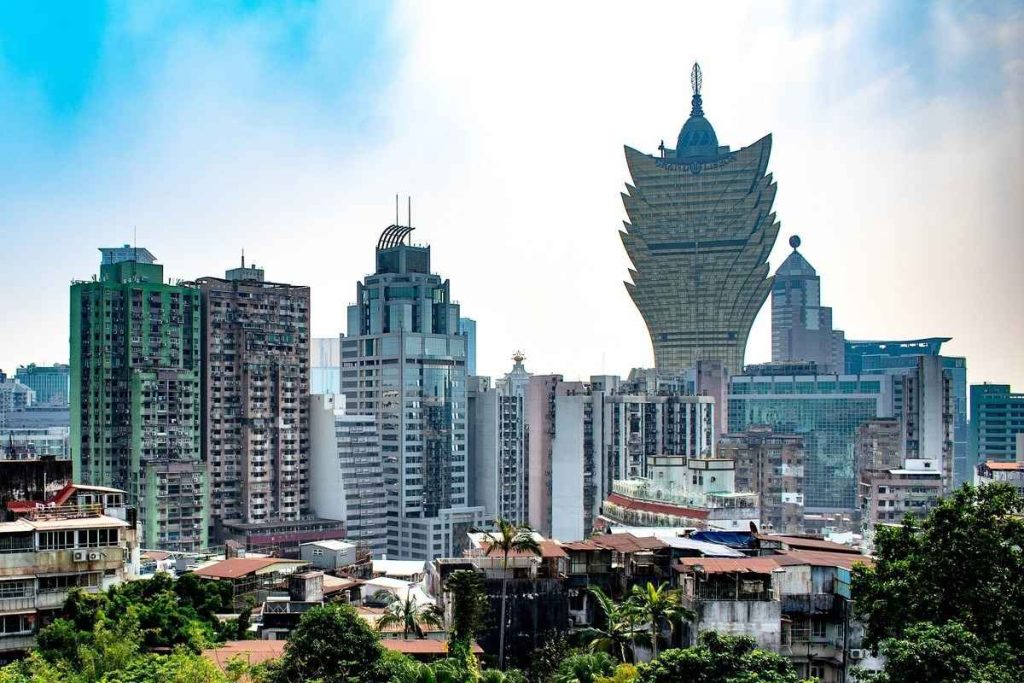Five out of six gaming operators in Macau are unlikely to resume dividends by 2025, though Sands China and MGM China seem to be in a better position than others, according to calculations by Morgan Stanley.
Galaxy Entertainment Group (GEG) was the first operator to announce the resumption of dividends at the early stage of the Macau recovery.
In an investment memo published after meeting with Macau concessionaires, Morgan Stanley indicates that Sands China and MGM perform better on the net gearing ratio, and most operators should have negative retained earnings, while Sands China, Wynn, and MGM perform better in net profit recovery.
Analysts note that deleveraging is still a priority, while in some cases, gaming companies’ retained earnings are not positive.
In the case of Sands China, Sands China finalized a facility agreement worth $2.49 billion with lenders in May last year, which includes an 18-month extension of their dividend-restriction period. The dividend restriction period, initially set to end on July 31st, 2023, is now extended to January 1st, 2025.
In the previous investment memo, Fitch believed Sands China would only resume its dividend in 2026.

Margin improvement unlikely in 2024
Morgan Stanley also concludes that Macau gaming operators are unlikely to see a margin improvement as promotional expenses rise and non-gaming opex grows.
All six gaming operators have investment commitments for the next 10 years under their new gaming concessions. And 2023 gross gaming revenue (GGR) has exceeded MOP180 billion ($22.4 billion), meaning that casino firms have to increase their collective MOP108.7 billion ($13.5 billion) non-gaming and overseas marketing spending pledges by up to 20 percent.
Elevating spending on marketing and non-gaming events continuously presses on the companies’ margin improvement.
According to the comparison of daily costs between 4Q19 and 4Q2, Morgan Stanley notes that total daily costs, which include opex and mass reinvestment, continue to increase for Macau companies. Based on the calculation, total daily costs of Macau gaming operators are at 104 percent of 2019 levels.
MGM China is the operator that has spent at 145 percent of 2019 levels, well above the peers’ levels.
SJM, without its satellite casinos, has 107 percent of day costs compared to 2019 levels, Wynn Macau at 102 percent, Sands China at 100 percent, and Galaxy at 99 percent.
Melco’s daily cost is still lower than the pre-COVID levels at 92 percent of 4Q19 levels.
Morgan Stanley notes that the reason why the operating leverage was not significant in 4Q23, while Macau’s mass GGR recorded an 11 percent increase quarter-over-quarter, EBITDA up 12 percent quarter-over-quarter. ‘We believe a big part of the cost uptick was due to non-gaming opex.’

MGM’s edge with RFID tables remains until year-end
Although all the gaming operators in Macau have flagged plans to install smart gaming tables this year, Morgan Stanley indicates that MGM is the only one with fully optimized smart tables for now. Their edge could remain at least until the end of 2024.
The smart table, also known as RFID (Radio Frequency Identification) tables, is designed for analytics to better understand the players and to improve marketing efficiency.
The same investment bank finds that RFID tables could improve the speed of the game and thus the win rate. ‘Mass table win rate of MGM China improved by 500 basis points compared to 4Q23 and 2018. There are many reasons for that, but smart tables may have helped too, on top of the natural ramp of its Cotai property.’
The benefits of smart tables also include ‘lower staff costs’ with fewer pit managers and supervisors needed, as well as ‘data availability of unrated gamblers’.
‘They can accurately identify foreign gamblers, who get a 5 percent tax rebate and are encouraged by the government. Investment in RFID/Smart Tables tech could potentially be counted as committed investment, ‘ it added.











